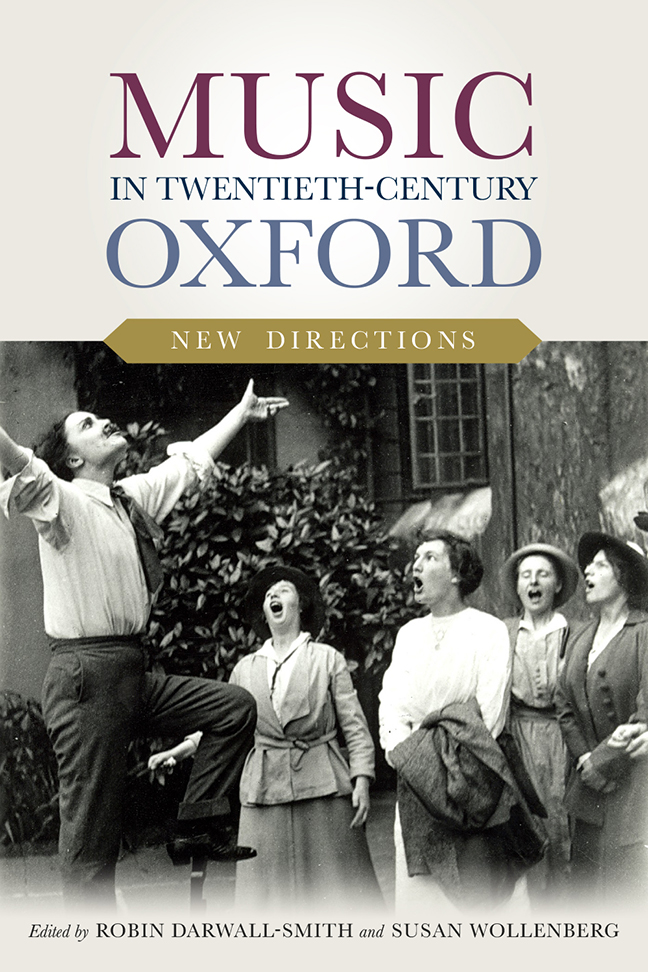5 - The Choral Foundations
Published online by Cambridge University Press: 09 January 2024
Summary
Choristers and Lay Clerks
The 1879 Royal Commission on Cathedral Churches brooded over the choirs at the choral foundations. The members were under no illusions as to the continuing low standards of most of their choirs and the need for drastic measures to secure improvements. They were advised on all sides that boarding schools should be created for the choristers, so that these choirs no longer relied on local boys from the poorest families, but gave the sons of professional men an education that should equip them for entry to one of the reformed public schools.
They were not clear how a body of educated singing men could be obtained: educated Englishmen did not sing. Some thought that the newly established theological colleges in cathedral cities offered the best solution. Musically gifted ordinands (it was acceptable for clergymen to show an interest in music) could be taught to sing by men already ordained who had received the appropriate vocal training. Such men could form the choir of the cathedral while practising parochial duties in the city churches. But the Church of England made no such arrangements.
In 1879 Christ Church, which had previously run a day school for boys from the town, compelled all 16 boys of the choir to board at 1, Brewer Street. New College's boarding school (founded 1386) claimed to be the oldest school in England. In 1903 ‘a handsome new boarding-house’ was built on Savile Road, ‘where boys come’, it was reported, ‘from all over the country’. Magdalen College School, where choristers were educated, also an ancient establishment, had been reformed and re-invigorated in the second half of the nineteenth century. 1900 saw the retirement of a headmaster who had been a boy at the school, won First Class Honours at Christ Church in Mathematics, and rowed and run against Cambridge. That was some reassurance for those fathers who, as one music master asserted in 1927, regarded music ‘as a fitting pursuit for maiden ladies and foreigners with long hair’.
In 1899 a visiting American choir-trainer thought the quality of the boys’ voices at Magdalen ‘the most beautiful that could be imagined’. The choirmaster's golden rule was to ‘cultivate soft singing’ and ‘strengthen the head voice’, he discovered: the Informator Choristarum did not allow the least ‘forcing or pushing of the voice’ by the boys.
- Type
- Chapter
- Information
- Music in Twentieth-Century OxfordNew Directions, pp. 75 - 93Publisher: Boydell & BrewerPrint publication year: 2023

